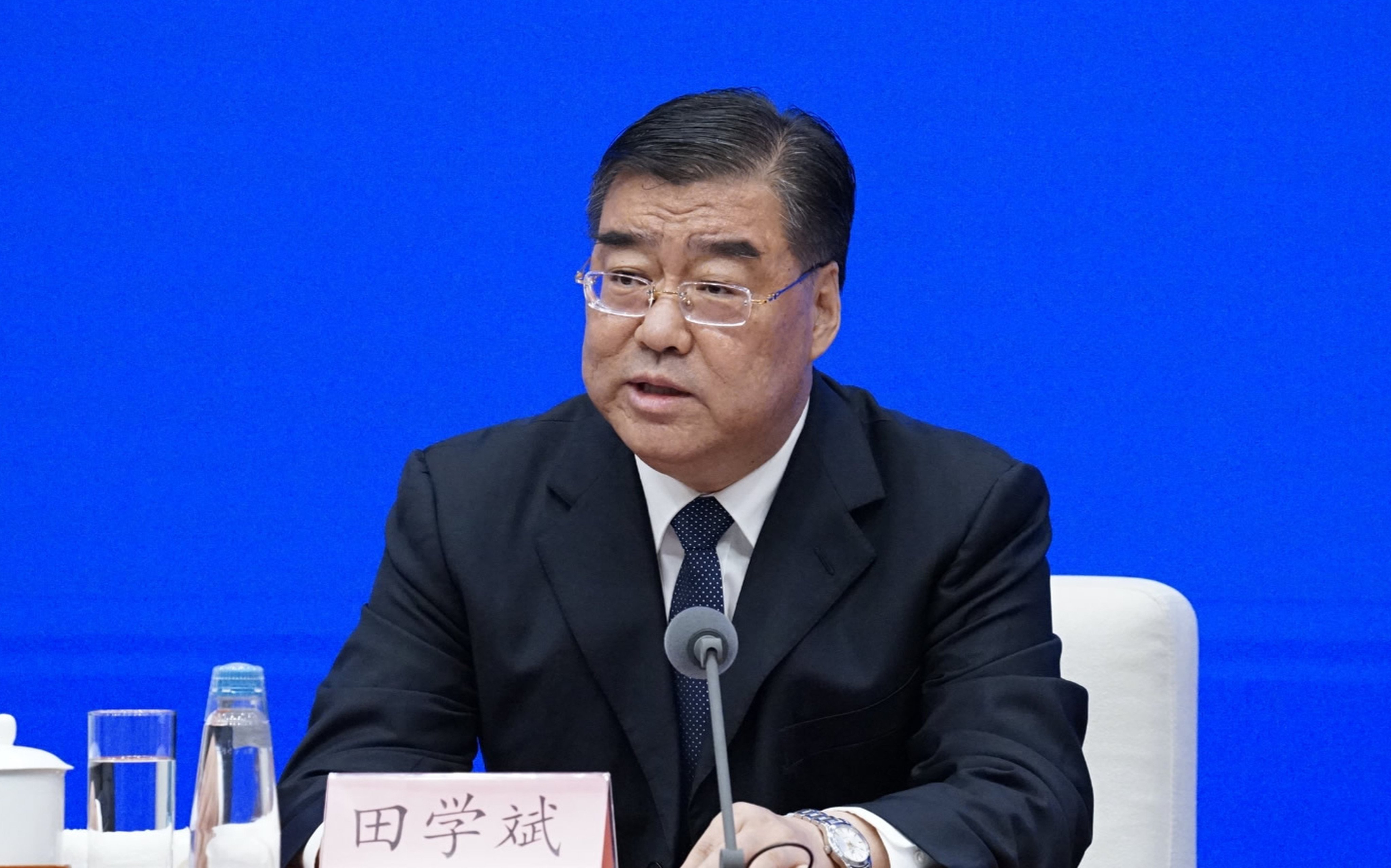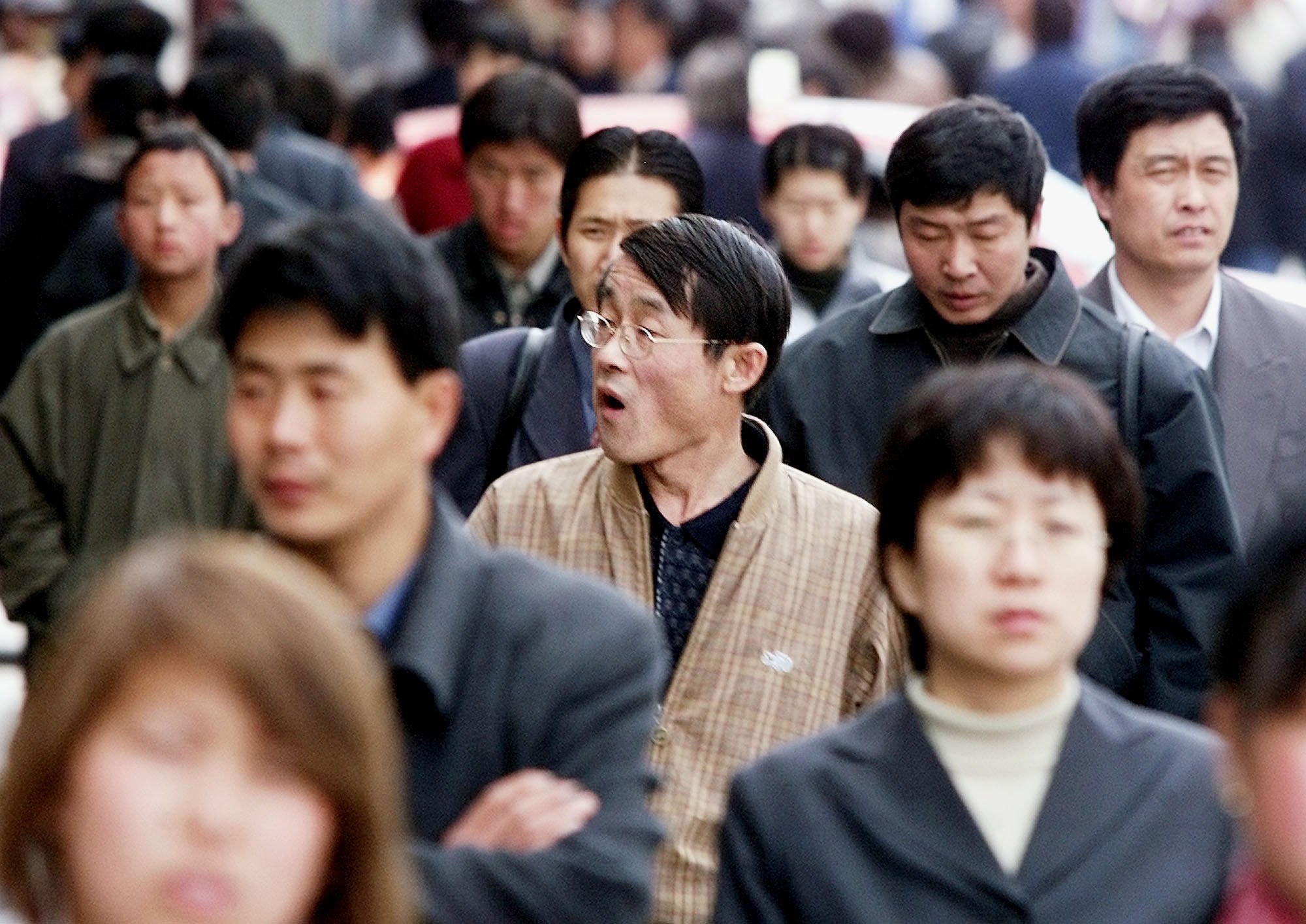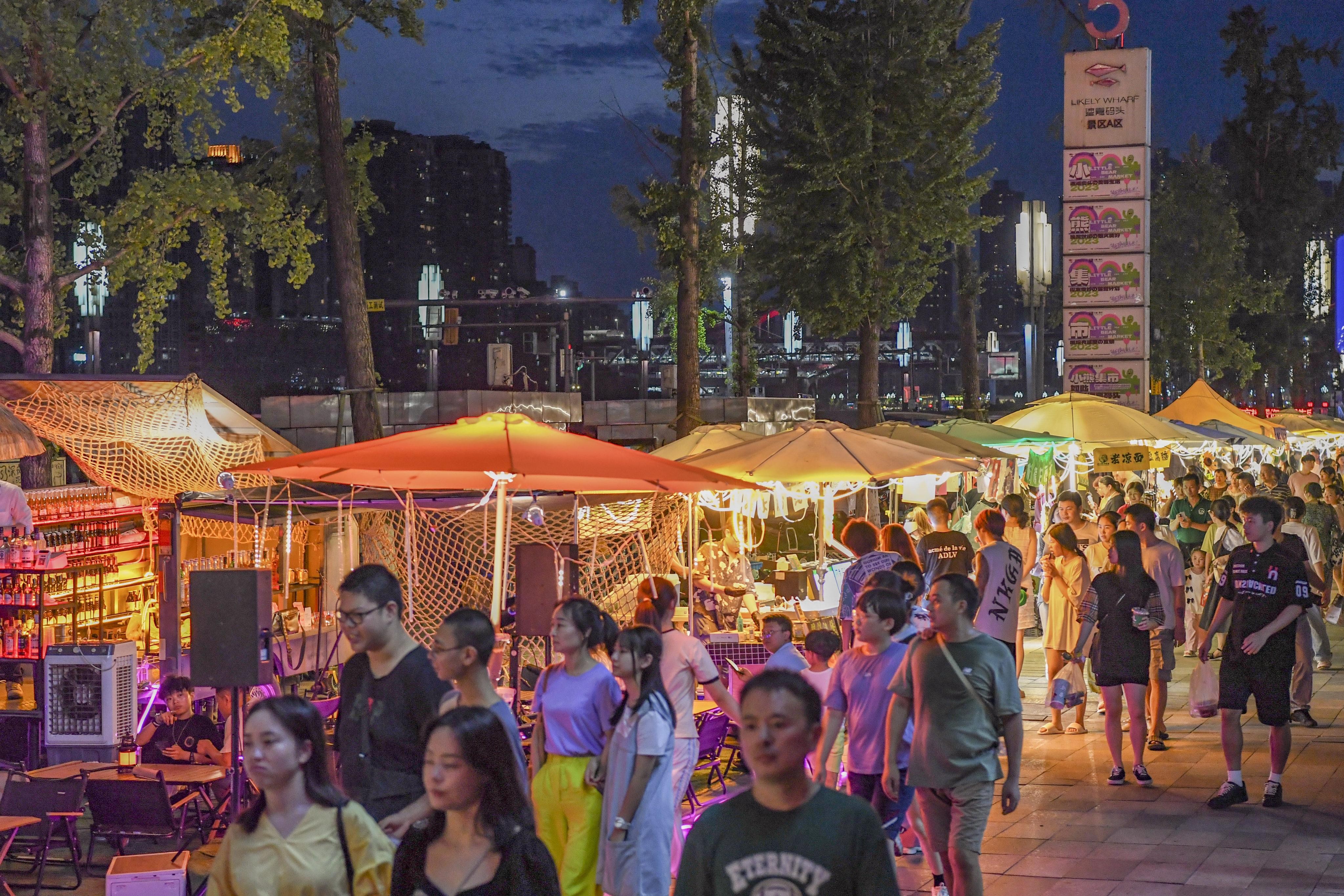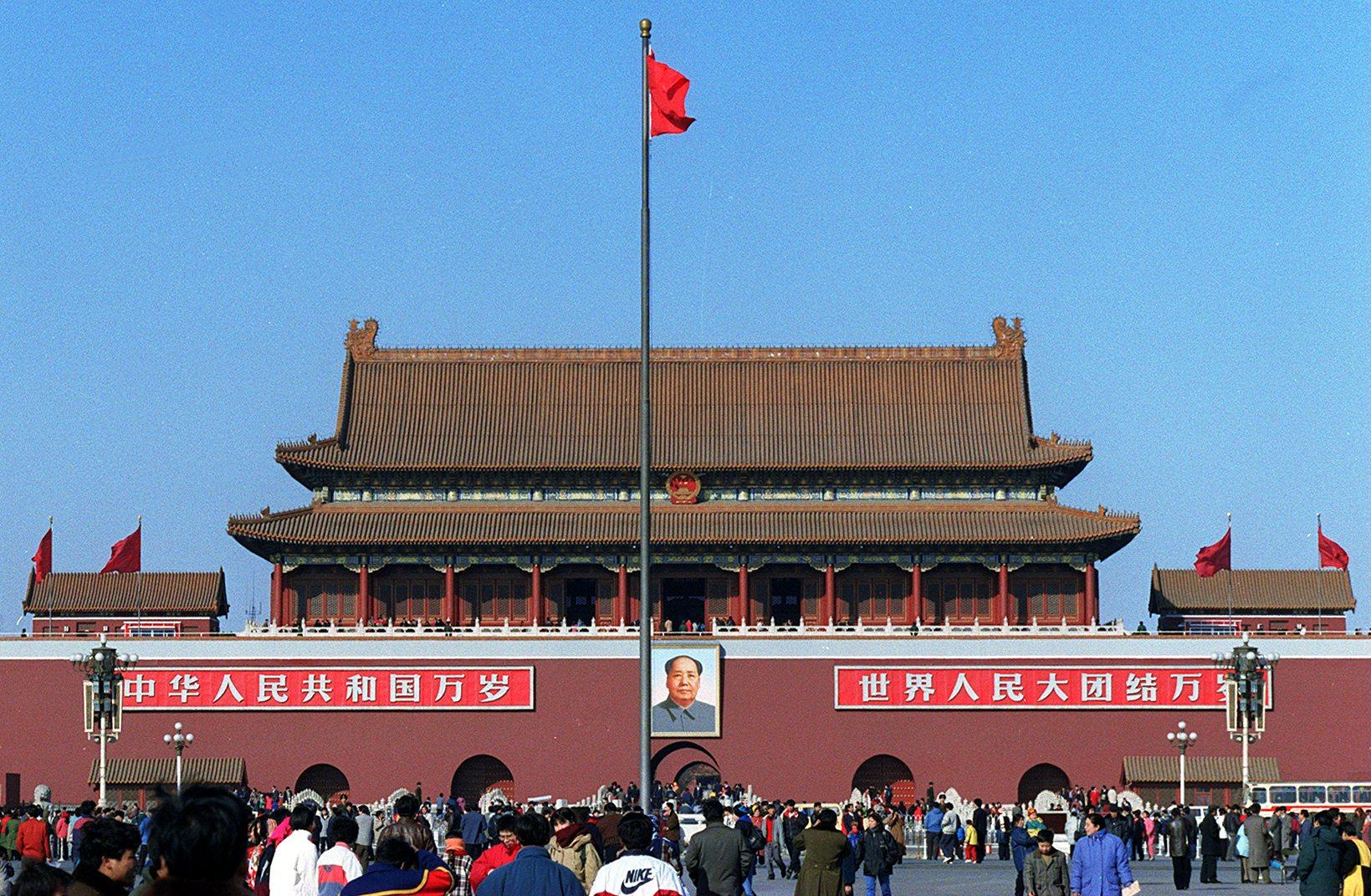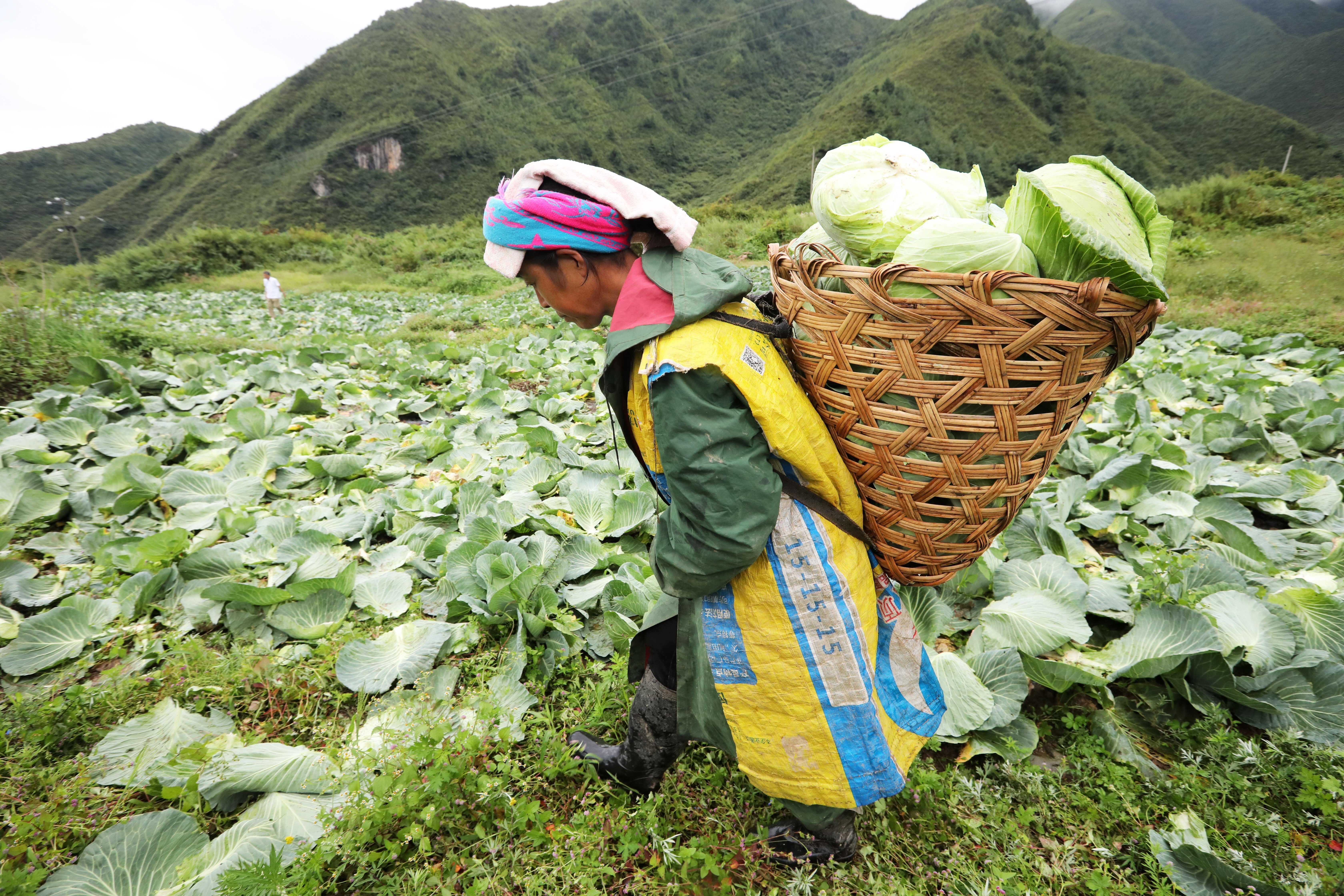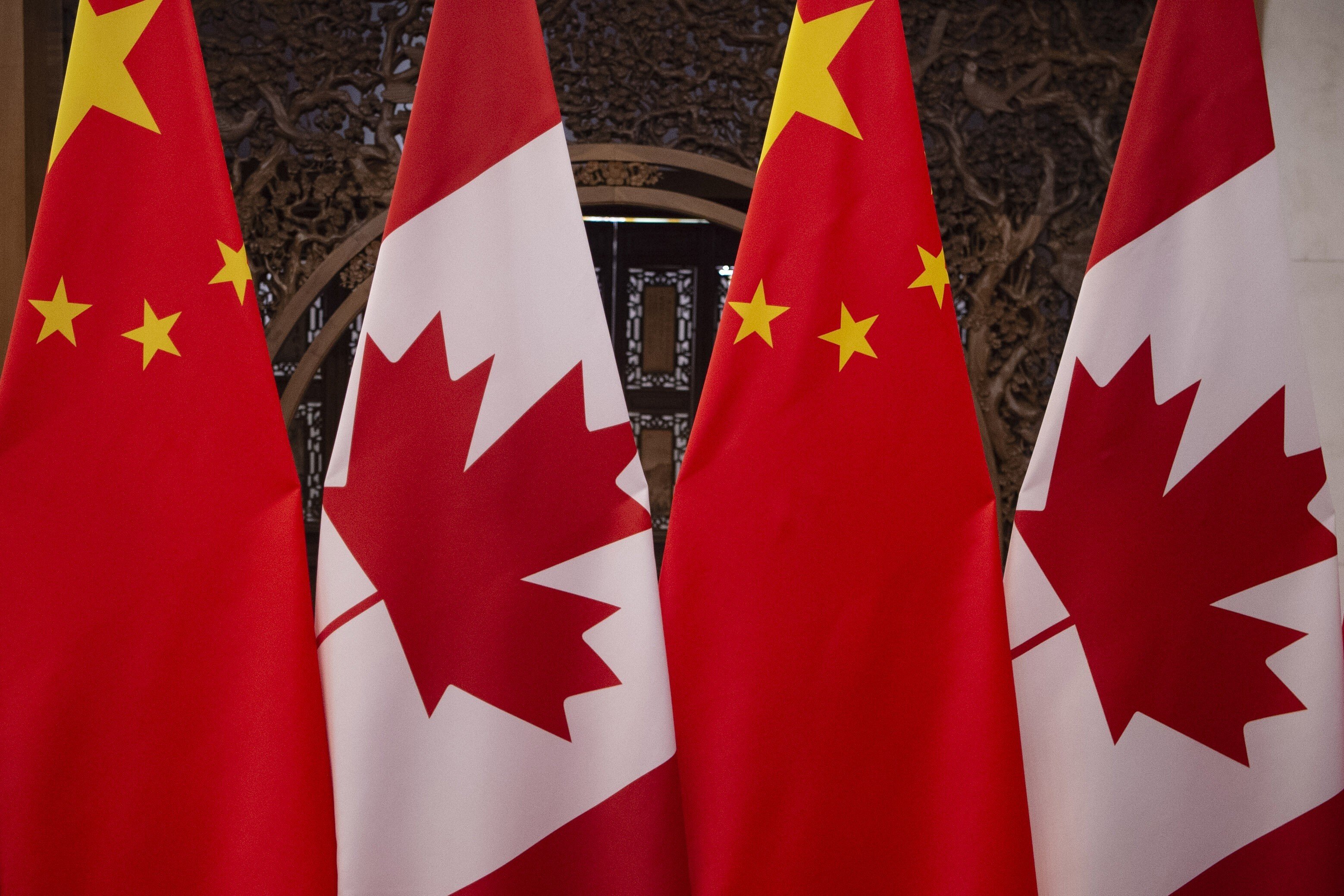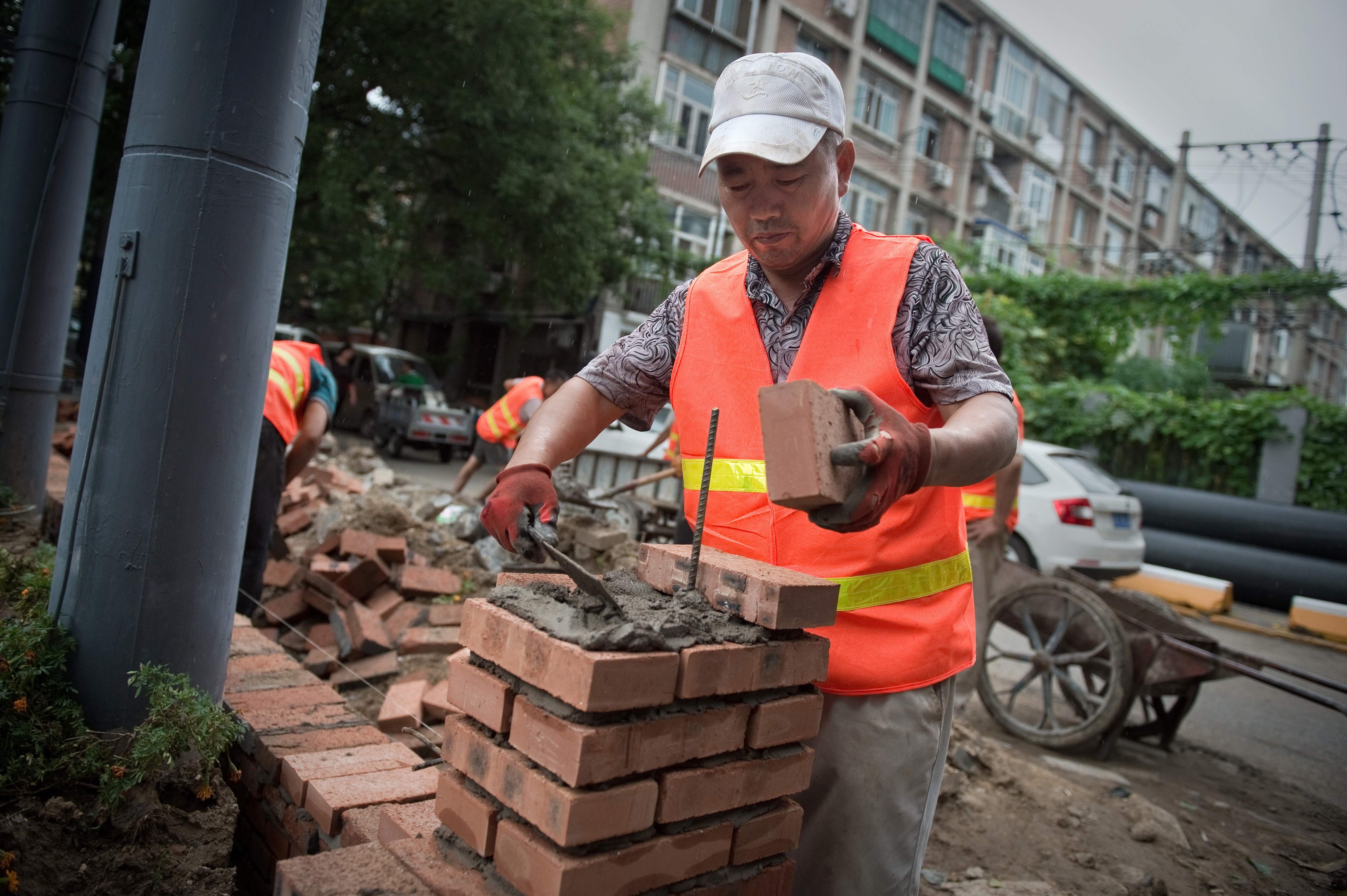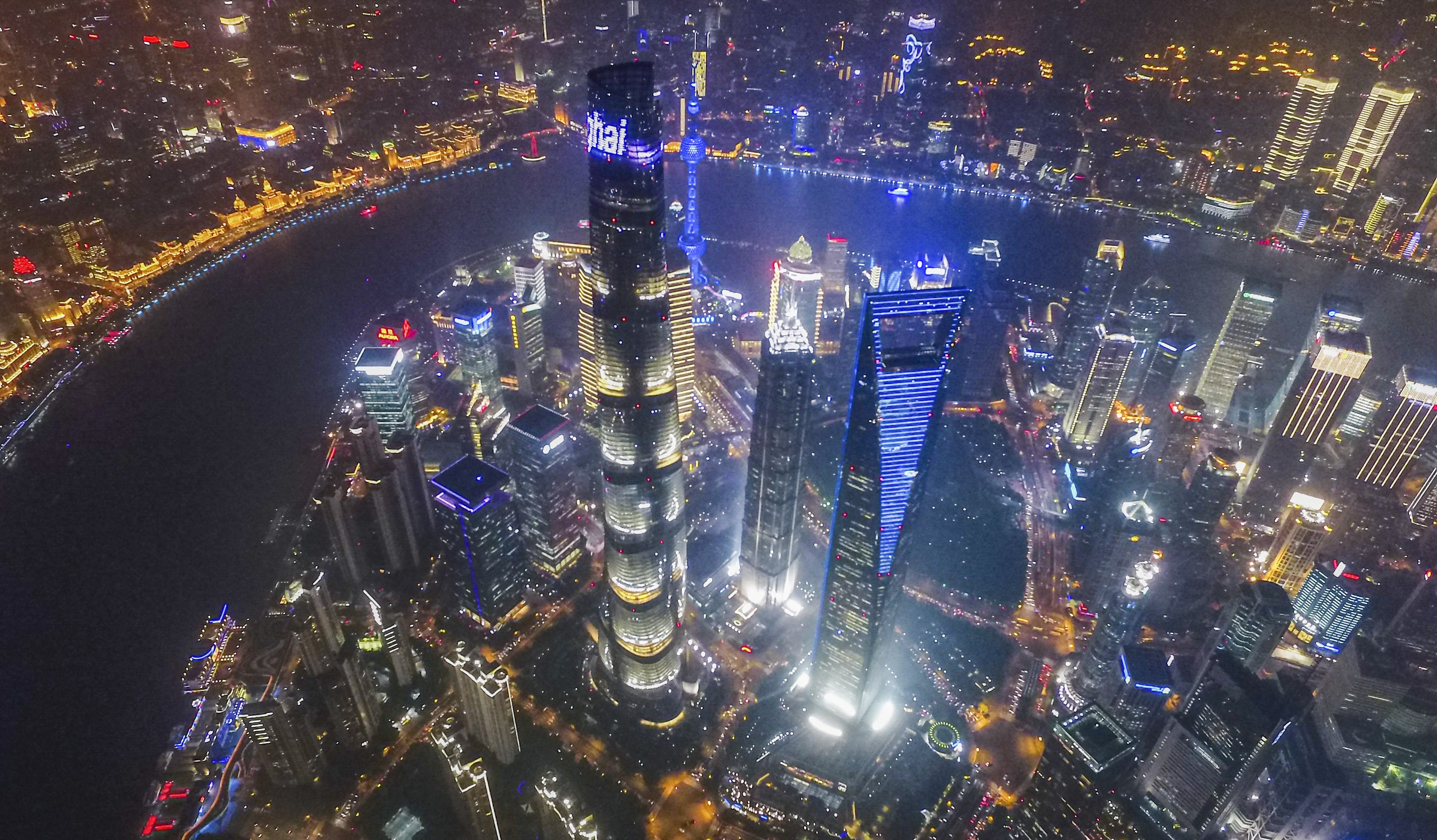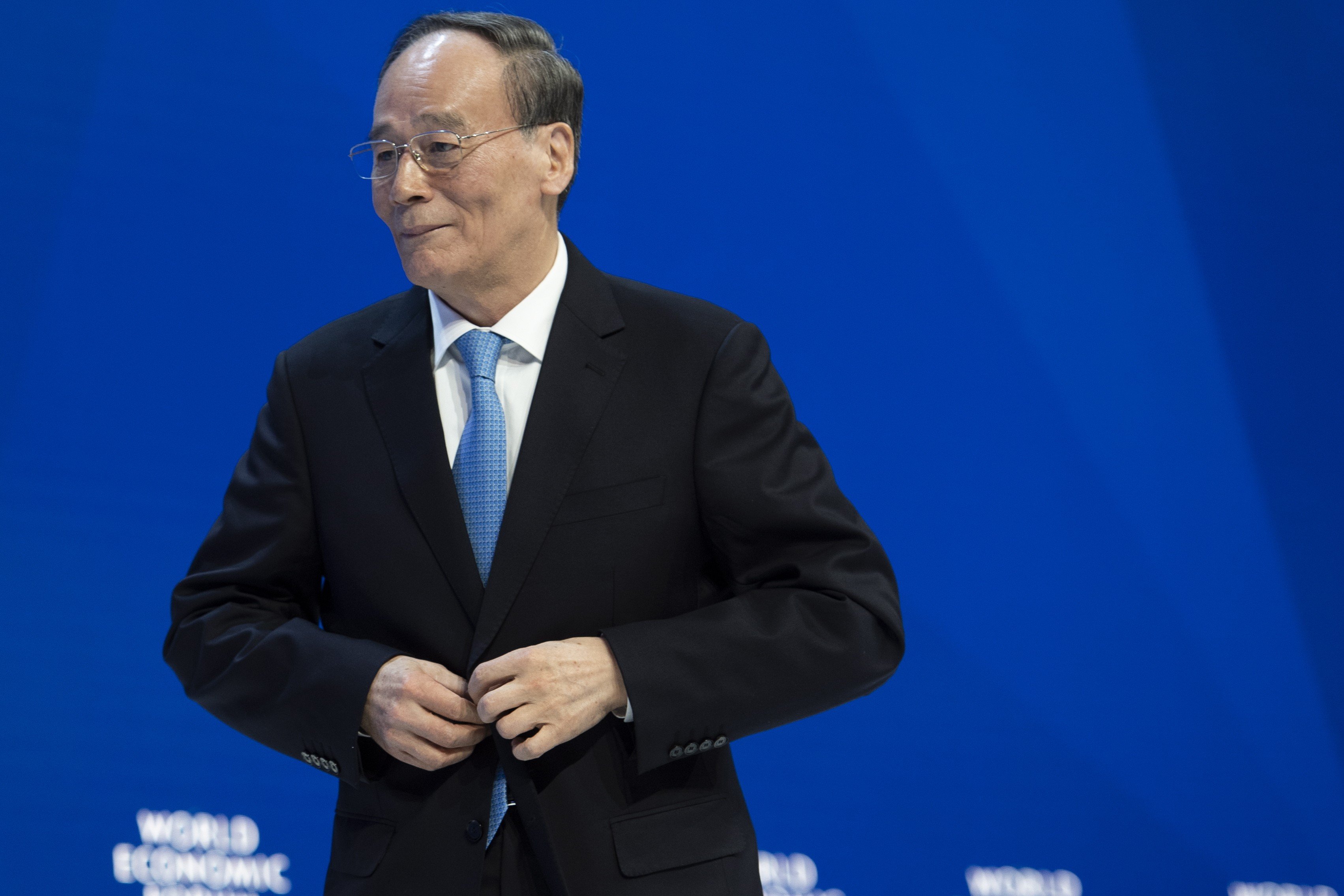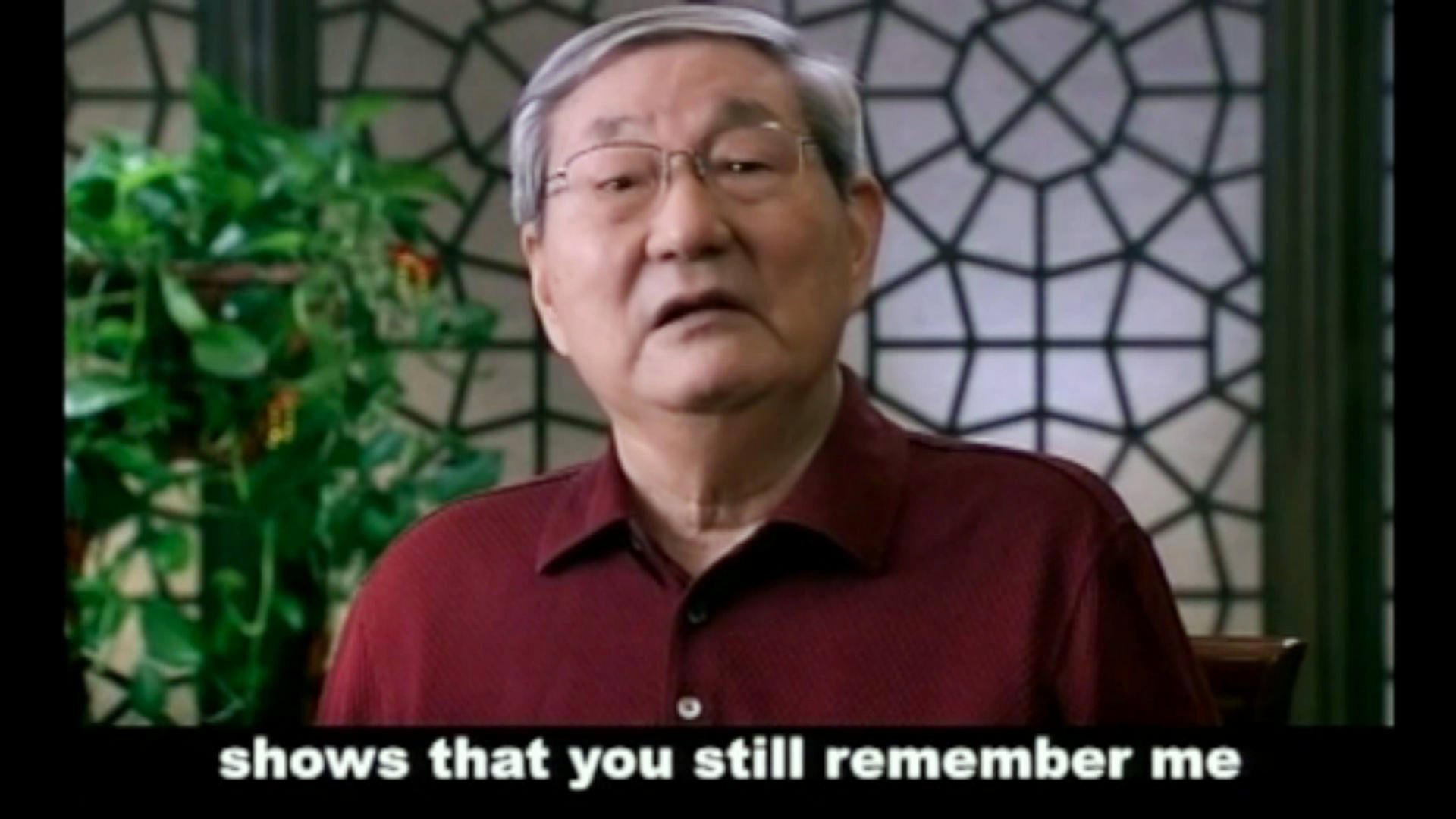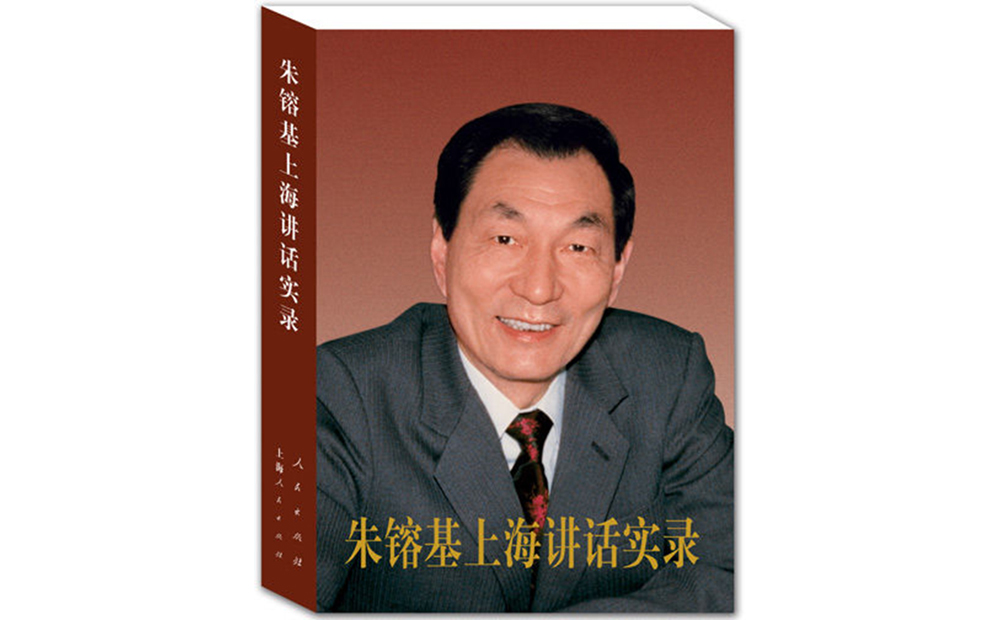Advertisement
Advertisement

TOPIC
/ people
Zhu Rongji

Zhu Rongji
Born on October 1, 1928 in Changsha, Hunan, Zhu Rongji mayor and party chief in Shanghai between 1987 and 1991, before becoming vice premier and then the fifth premier of the People's Republic of China. He held that position between March 1998 and March 2003. He is known for taking a tough stance against corruption in the government and pushing difficult reforms of the state sector.
Born
23 Oct 1928
Industry
Politics
Job Title
Former Premier of China
Advertisement
Advertisement
Advertisement
Editorial | Hong Kong handover just one milestone for man who led China out of crisis and into world
With the country at the crossroads, Jiang Zemin kept opening up and reform on track, put paid to international isolation and ensured the city’s governing principle of ‘one country, two systems’ was adhered to.
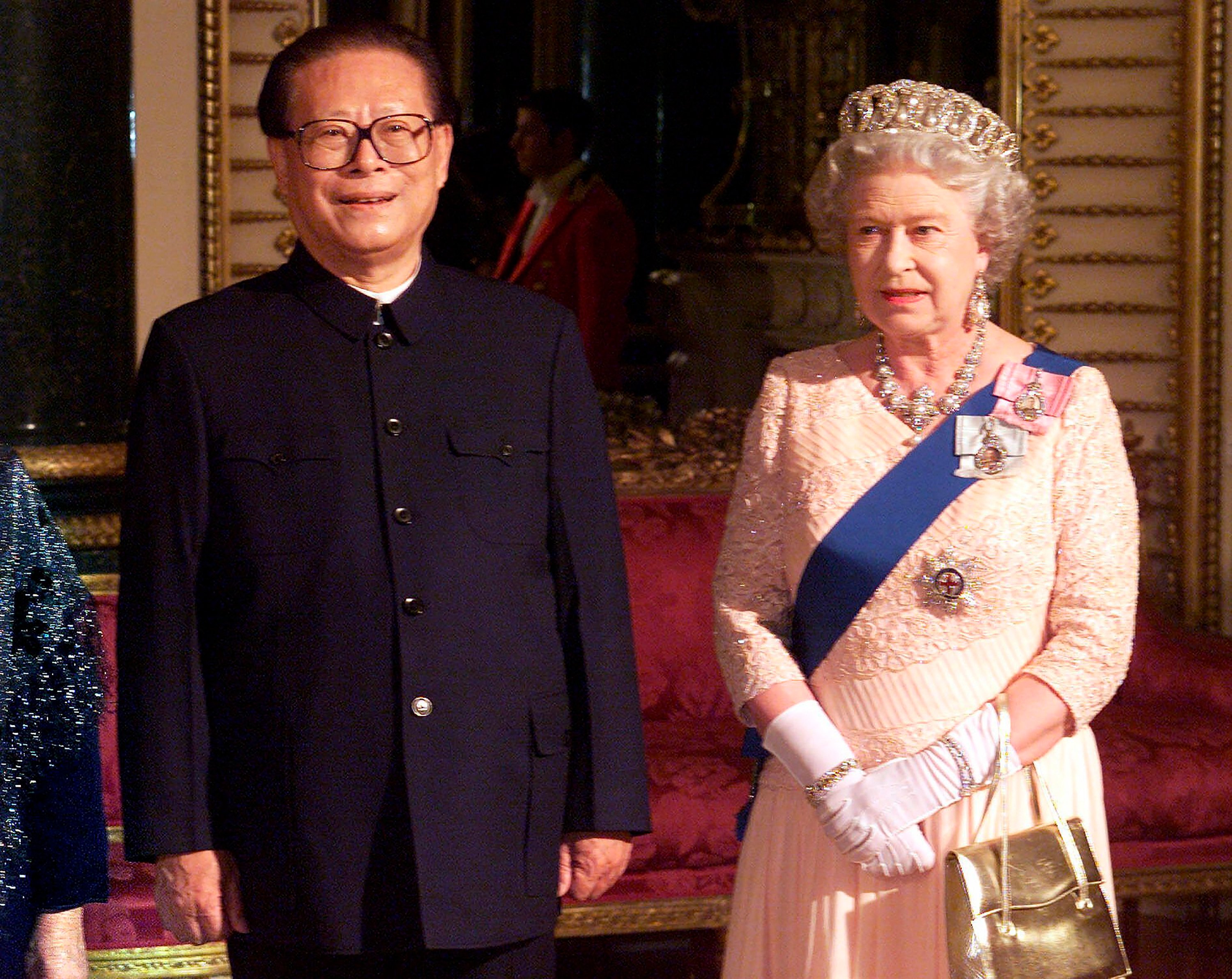
Help preserve 120 years of quality journalism.
SUPPORT NOWAdvertisement
Advertisement
Advertisement
Advertisement
Advertisement
Advertisement
Advertisement
Advertisement
Advertisement
Advertisement
Advertisement
Advertisement
